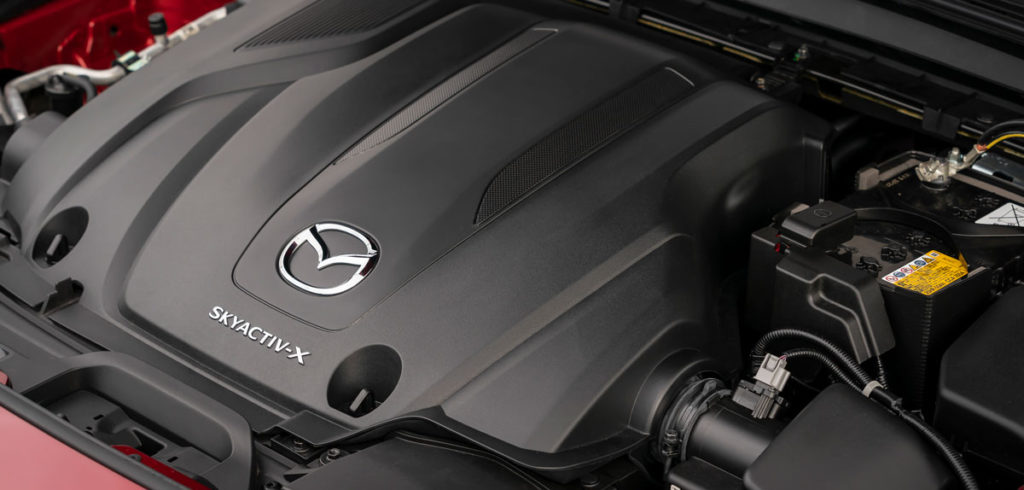Mazda has revealed that it will continue to back development of new generation carbon neutral biofuels. The Japanese OEM is currently involved in joint research projects and studies as part of an ongoing industry-academia-government collaboration to promote the widespread adoption of biofuels from microalgae growth.
As part of its Sustainable Zoom-Zoom 2030 long-term tech development program, the brand aims to reduce its average ‘well-to-wheel’ CO2 emissions to 50% of 2010 levels by 2030, and to 90% by 2050.
Expecting that IC engines combined with some form of electrification will still account for some 95% of the vehicles it produces in 2030, and that liquid fuel will remain dominant in the automotive industry until at least 2040, Mazda considers a renewable liquid fuel essential to significant CO2 reduction.
However, with improvements in productivity and cost required to ensure widespread future availability of algae biofuels, Mazda is lending research-accelerating tech support to research into genome editing by Hiroshima University and plant physiology by the Tokyo Institute of Technology.
The company still intends to introduce EVs to regions that generate electricity from clean energy sources or restrict certain vehicle types to reduce air pollution. The brand’s very first BEV – the MX-30 – was unveiled at the Tokyo Motor Show in 2019 and is due to arrive in the UK early next year.


